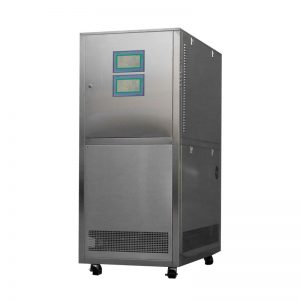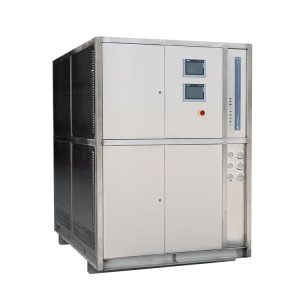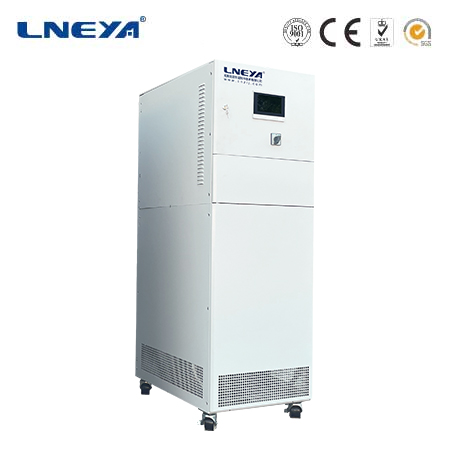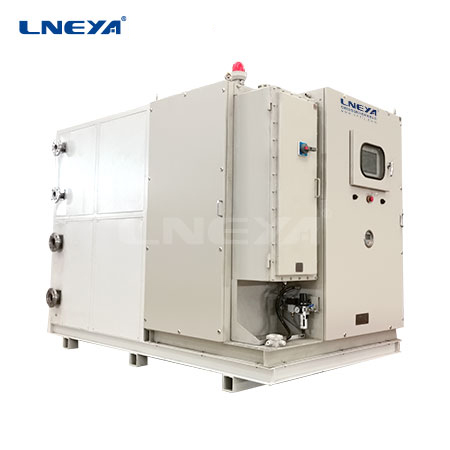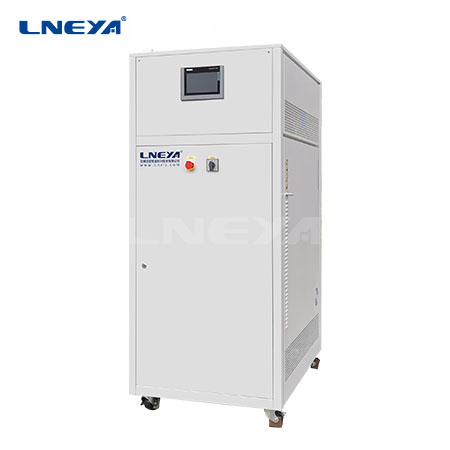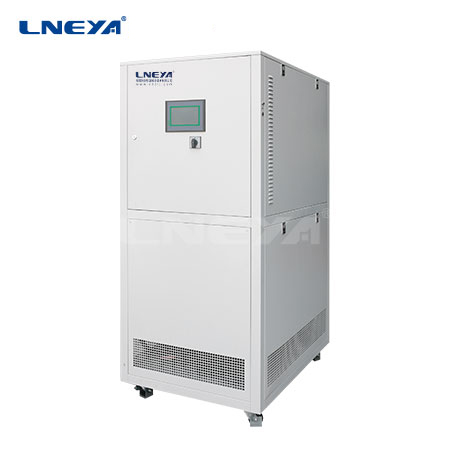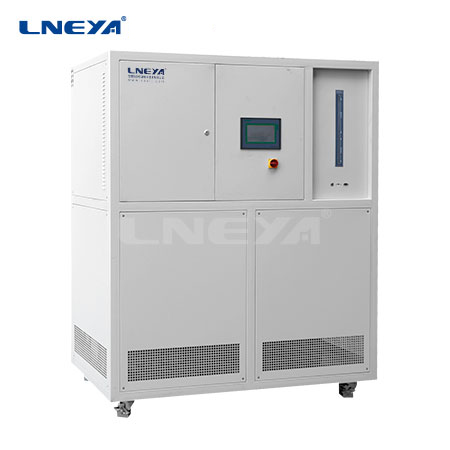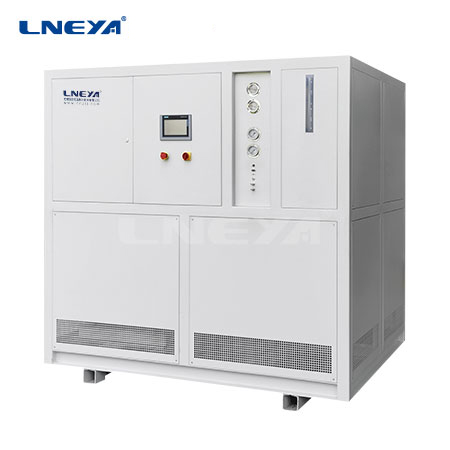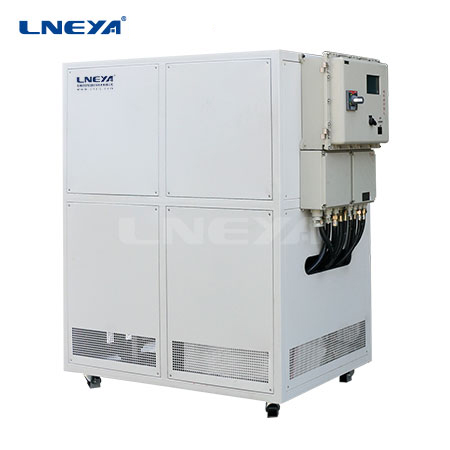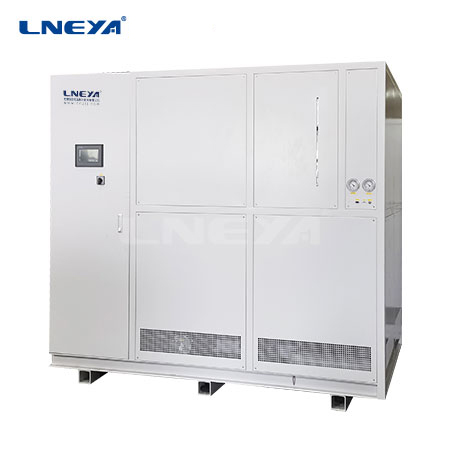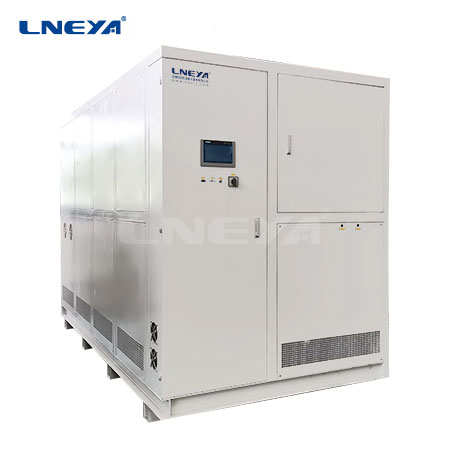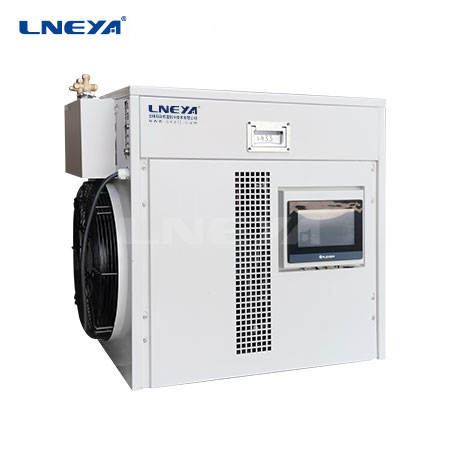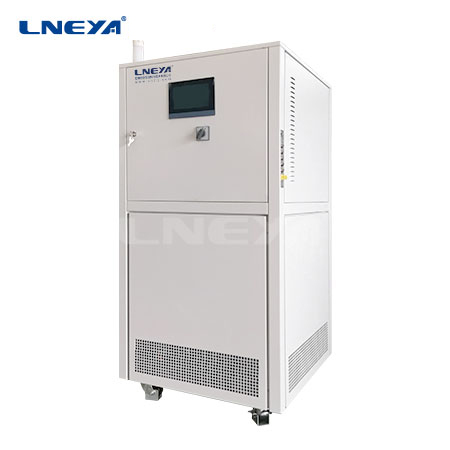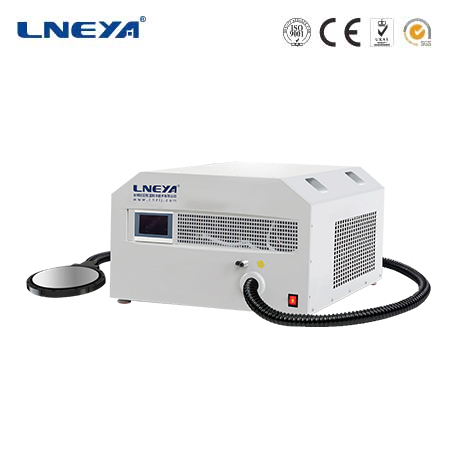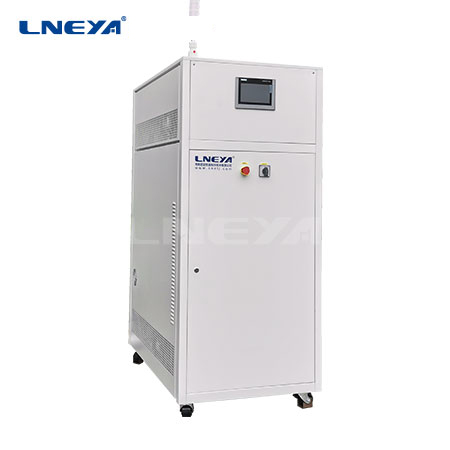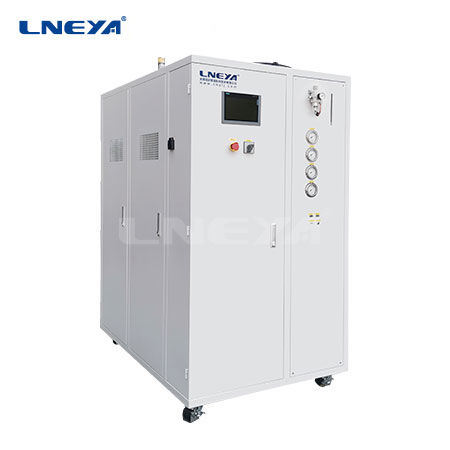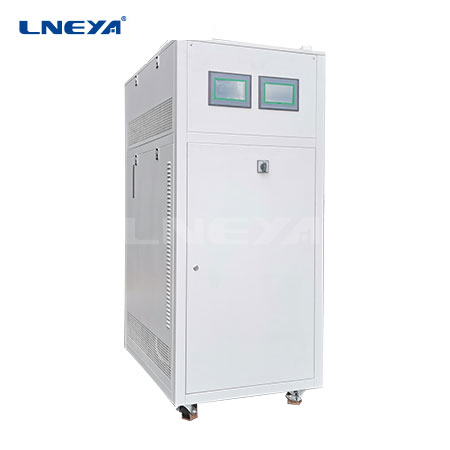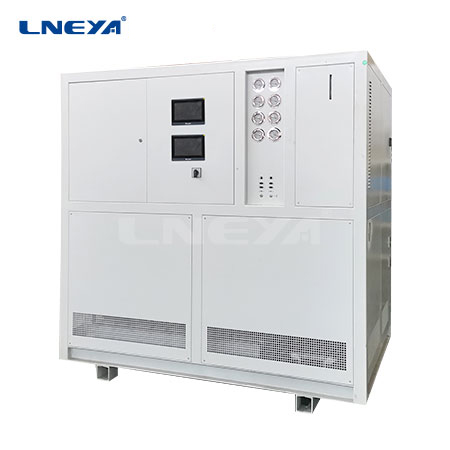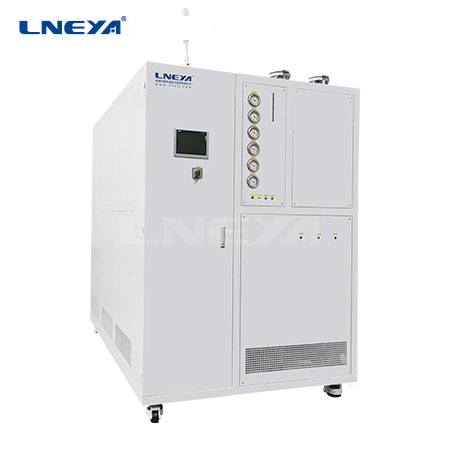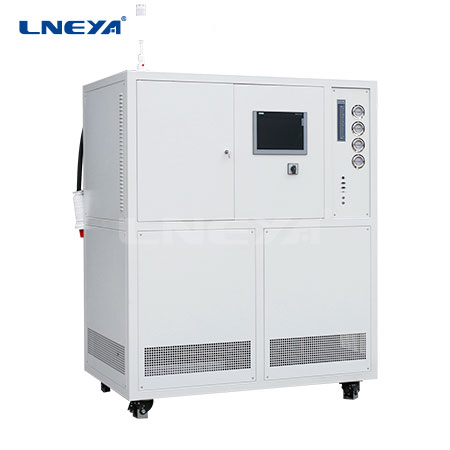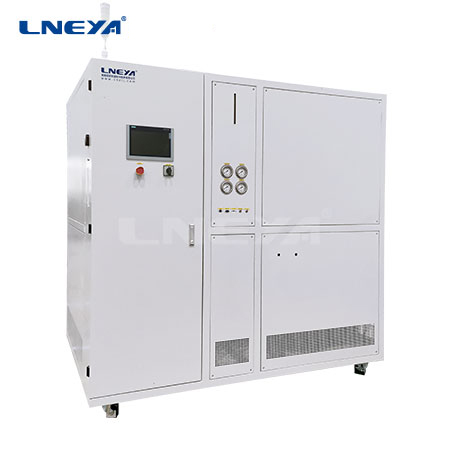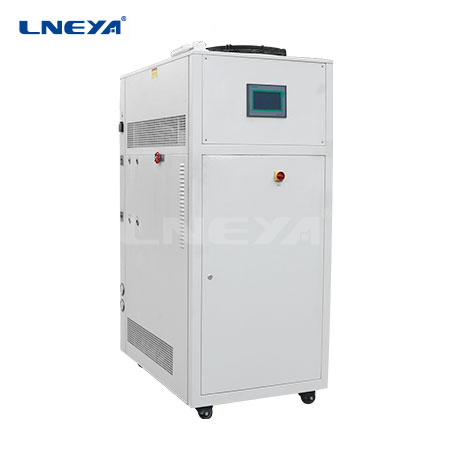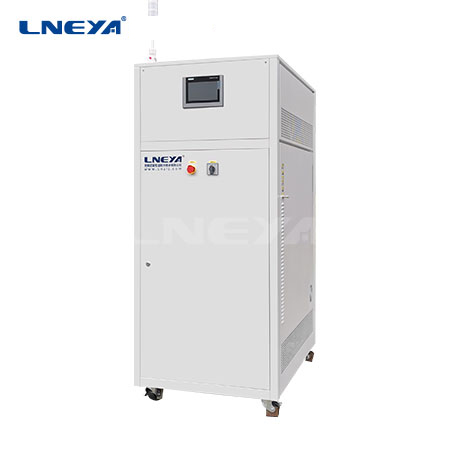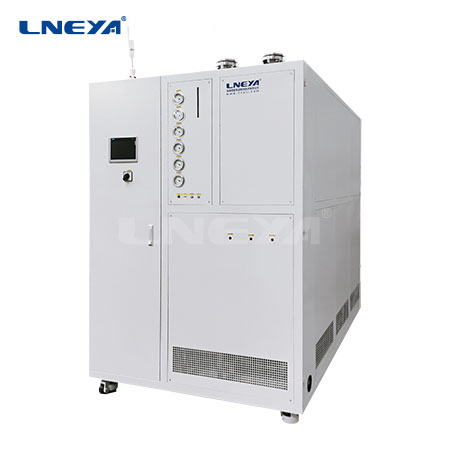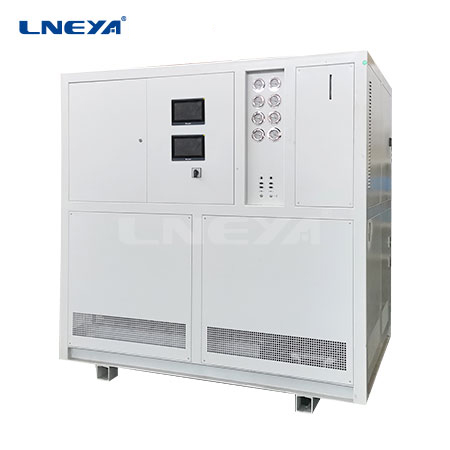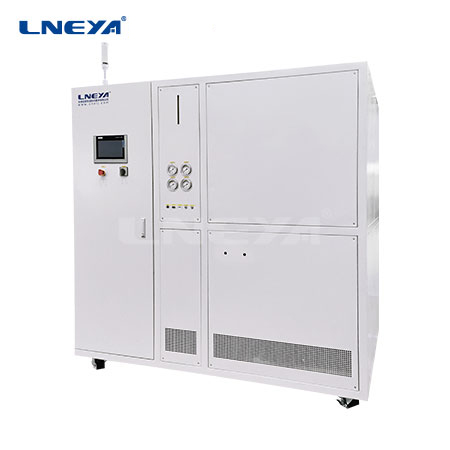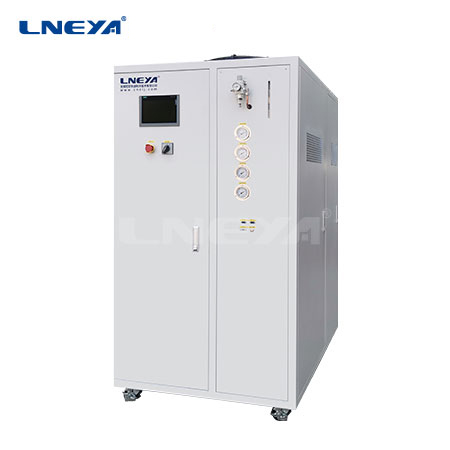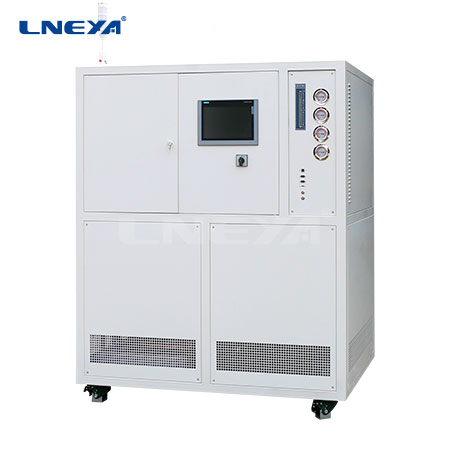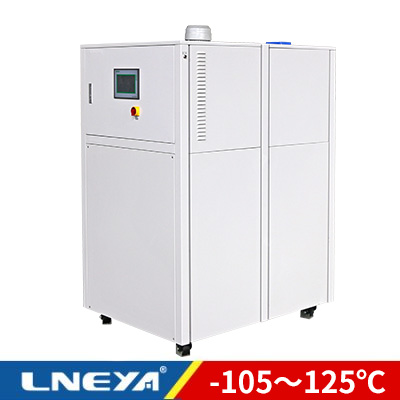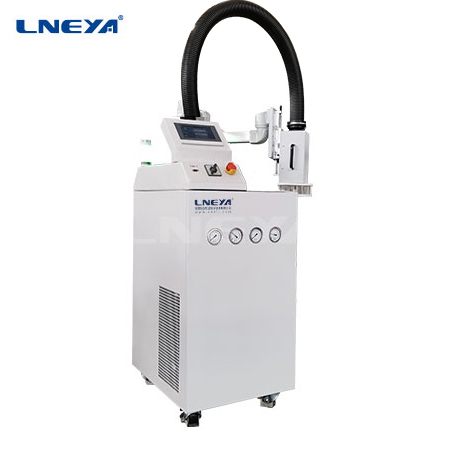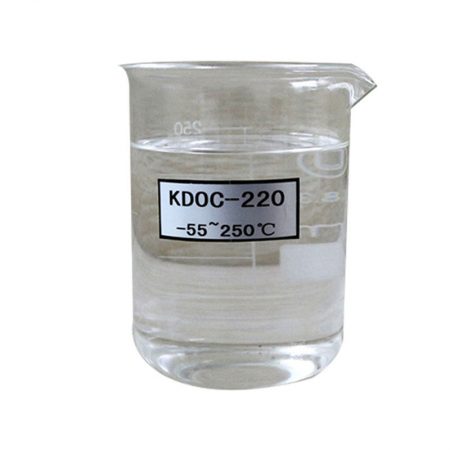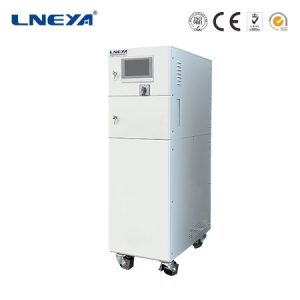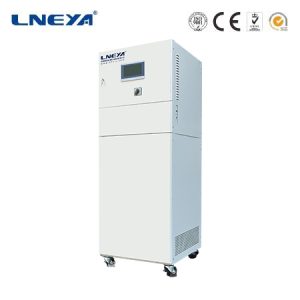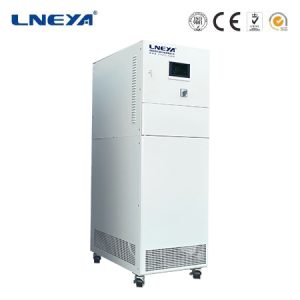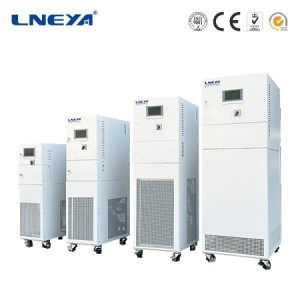Air Cooled Water Chiller System
The air cooled water chiller system is widely used in the global industrial market and is a relatively efficient refrigeration equipment. Although the air cooled water chiller system is equipped with multiple protection devices, these are all to prevent direct damage to the unit in case of failure. If the enterprise wants to ensure high cooling efficiency and long service life of the equipment, it must remember to do regular maintenance and inspection. So, what aspects of an air cooled water chiller system should be checked?
1. Regularly check the compressor
The compressor is the “heart” of the air cooled water chiller system, and its quality directly affects the stability of the chiller in use. The necessary acceptance test for equipment should be carried out in accordance with the principles of air tightness test first, vacuum test second, sub-item test first, and machine test last.
2. Check the stability of voltage and current
When the air cooled water chiller system is working normally, the voltage is 380V (the voltage of DYJ-01A~DYJ-02A is 220V, and the voltage in other foreign regions is also 410V, etc.), and the current is normal within the range of 11A-15A.
3. Regularly check the instrument
The temperature control meter is out of control, replace the temperature control meter. High voltage failure, poor heat dissipation, radiator is too dirty, clean the radiator. Poor ventilation, improve ventilation conditions. The cooling fan does not work, check whether the fan motor is burnt out or short circuited, repair or replace the motor. The high-pressure engine is damaged, replace the high-pressure engine.
4. Regular cleaning
In addition to checking the technical performance of the air cooled water chiller system, care should also be taken to protect the neat appearance of the equipment and the cleanliness of the work site. After the product has been in operation for 6 months, it is necessary to clean the entire system, such as pipes, filters, condensers, fans, etc., especially the fans, like our commonly used fans, are covered with dust and affect heat dissipation, so the cooling efficiency will be directly reduced.
5. Regularly check whether the refrigerant is reduced
Judging by the high pressure and low pressure gauge values on the front of the air cooled water chiller system. When the chiller is running normally, the high pressure is 11-17kg and the low pressure is 3-5kg, which is the normal range. In the shutdown state, both high pressure and low pressure are around 0.6kg.
In addition to the above-mentioned main inspection aspects, it is also necessary to check the oil level and oil temperature of each compressor, check the main power supply voltage and current, and check whether the set value of the chilled water supply temperature is appropriate. If there is a problem, make changes in time.

저온 냉각기(수냉식 및 공냉식)
온도 제어 범위: -150°C ~ -5°C
당사는 -150°C의 낮은 온도 제어 범위를 갖춘 저온 냉각기 생산을 전문으로 하며, 다양한 산업의 냉장 요구 사항을 충족할 수 있습니다.
| 온도 범위 | -25°C ~ -5°C 시리즈 | -45°C ~ -10°C 시리즈 | -60°C ~ -10°C 시리즈 | -80°C ~ -30°C 시리즈 | -110°C ~ -50°C 시리즈 |
| 냉각 용량 | 최대 360kW | 최대 360kW | 최대 360kW | 최대 270kW | 최대 180kW |

재순환 냉각기 (수냉식 및 공냉식)
온도 제어 범위: -120°C ~ +30°C
당사의 재순환 냉각기는 저온 냉동 기술을 채택하고 온도가 -120℃까지 낮으며 다양한 액세서리를 사용자 정의 할 수 있습니다.
| 온도 범위 | -25°C ~ +30°C 시리즈 | -45°C ~ +30°C 시리즈 | -60°C ~ -20°C 시리즈 | -80°C ~ -20°C 시리즈 | -120°C ~ -70°C 시리즈 |
| 냉각 용량 | 최대 38kW | 최대 12kW | 최대 7.2kW | 최대 7.2kW | 최대 8.6kW |

실온 냉각기/소형 냉각기
온도 제어 범위: +5°C ~ +50°C
이 냉각기는 다양한 산업 및 실험실에서 널리 사용될 수 있으며 맞춤형 설계를 지원합니다.
| 온도 범위 | -18°C ~ +30°C | +5°C ~ +35°C 시리즈 |
| 냉각 용량 | 최대 0.9kW | 최대 50kW |

직접 냉각식 냉동 장비
온도 제어 범위: -120°C ~ -10°C
열 교환 면적이 작고 열 교환이 큰 장소에 적합합니다.
| 온도 범위 | -40°C ~ -10°C | -80°C ~ -35°C | -120°C ~ -90°C |
| 압축기 전력 | 최대 8HP | 최대 8HP*2 | 최대 45HP*3 |

직접 냉각식 초저온 냉각기
온도 제어 범위: -150°C ~ -110°C
비즈니스를 위한 맞춤형 솔루션.
| 온도 범위 | -150°C ~ -110°C |
| 냉각 용량 | 최대 11kW |

스크류 칠러
저온 스크류 냉각기 및 실온 스크류 냉각기
비즈니스를 위한 맞춤형 솔루션.
| 온도 범위 | +5°C ~ +30°C | +5°C ~ +30°C | +5°C ~ +30°C | +5°C ~ +30°C | -25°C ~ +5°C | -25°C ~ +5°C |
| 냉각 용량 | 최대 1027kW(단일 컴프레서) | 최대 2134kW(듀얼 컴프레서) | 최대 934kW(단일 컴프레서) | 최대 1940kW(듀얼 컴프레서) | 최대 467kW(단일 컴프레서) | 최대 497kW(단일 컴프레서) |
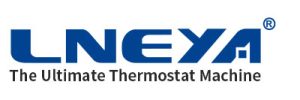 LNEYA
LNEYA
 简体中文
简体中文










